If It Doesn’t Kill You, It Will Make You Stronger
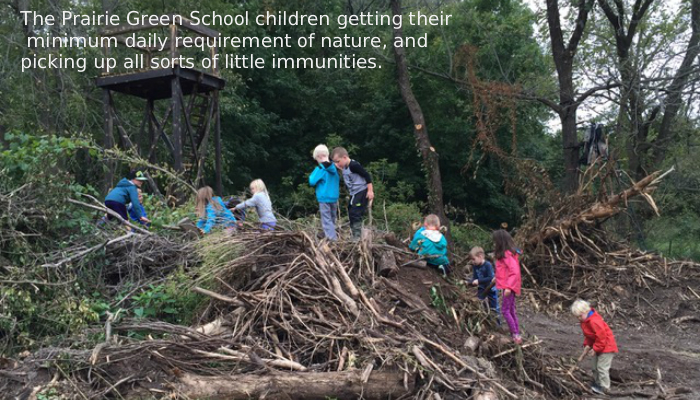
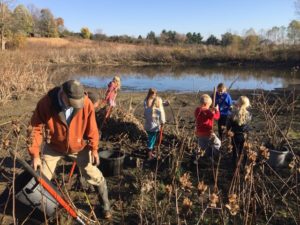
In a former career, I used to work on oil spill sites, planting fast-growing tree thickets to do the final cleanups. Commonly, while “hot spots” would kill or injure the trees, those trees on the perimeter of the hot spot would do better than average, actually benefitting from small amounts of kerosene or fuel oil or some other petrol product. The technical term for this type of benefit is “hormesis,” and it became a valid field of study following publications in 2003-04, which showed that many harsh substances in small quantities can actually produce a favorable effect on plants and animals. This is even true for some pollutants with very bad reputations, such as dioxins, DDT, and gamma radiation. In the human diet this includes selenium, chromium, and ethyl alcohol.
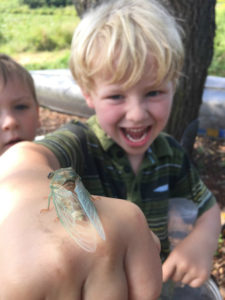
Thus, there is some validity to the old saying that “if it doesn’t kill you, it will make you stronger.”
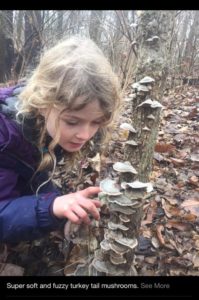
Actually, this outcome should not be surprising, because vaccination has been a successful technique since Ben Franklin’s day. The mechanism of vaccination is the introduction of dead or weakened microbes, which foster an immune response on our part, and we come out of the experience better able to cope with the disease. Even if your flu shot doesn’t prevent you from getting sick, the illness won’t be as severe. Many other foreign molecules can also provoke a defensive response in us.
A recent study showed that Amish children, who often play in the animal barns, have less asthma than Hutterite children, whose families practice animal confinement that excludes children. And similar studies show that people who are outdoors regularly are often healthier, mentally and physically, than their indoor counterparts.
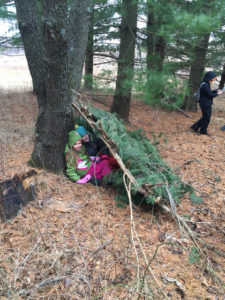
And for us who are really interested in getting into nature and conservation, the message is relevant. It is OK for children to get down and dirty playing in a puddle; there is low risk in swimming in a clean pond; it is not usually dangerous to handle a dead wild animal which has been killed in an accident or shot; and sucking on a clover flower to taste the nectar is fine.
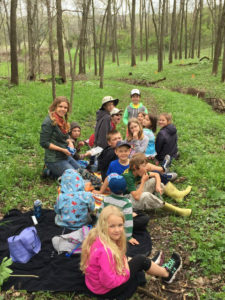
These tiny risks encountering nature are especially small when compared to the hazards of our other activities. For example, auto accidents have regularly killed 35,000-40,000 people per year over the past half century; and yet folks really look forward to that family vacation driving to California. But we help moderate the automobile risk by wearing seat belts, not drinking while driving, and following the rules of the road. Similarly, we trim our children’s lesser risks in nature by supervising their swimming around deep water, telling them not to drink green water, washing their hands after
handling a dead critter, and not grabbing any wild animal that doesn’t try to run away or fly away, and teaching them to do a body check for ticks.
Tags: kids in nature, Lon Drake, Prairie Green School


